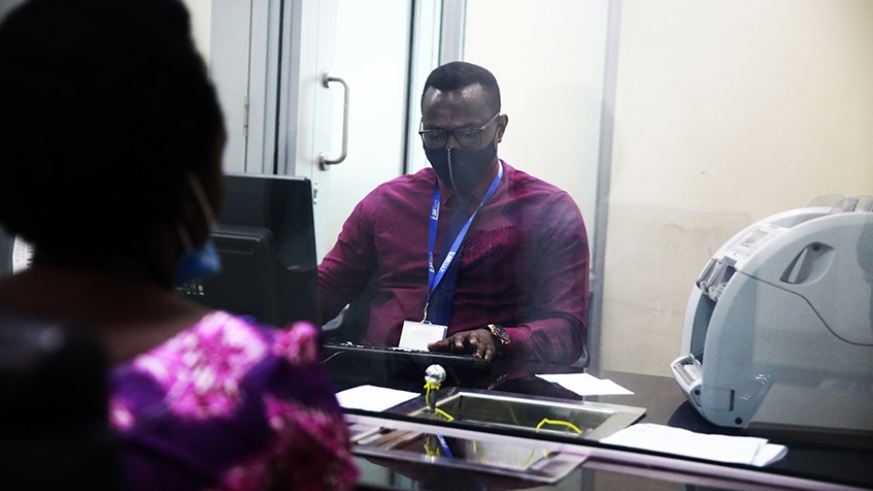Normally, when one is seeking an ideal account to receive salaries and funds that could be used to pay bills or cover other expenses, a checking/ current account is an obvious choice.
In contrast, when that person wants to set money aside for future needs and goals, experts argue that a savings account can be the better option.
This account, they say, differs from the ordinary account (current account) because it allows the holder to deposit money for safekeeping while also earning interest on the balance.
In the next paragraphs, Doing Business breaks down a few important things to know before attempting to open up such an account.
What Is a Savings Account?
Essentially, a savings account is a deposit account that’s designed to hold money you don’t need or plan to spend right away.
This differs from a current account, which may allow you to write checks or make purchases and ATM withdrawals using a debit card.
Additionally, savings accounts help the holder stash money away for specific purposes and goals.
For example, you may open a savings account to hold your emergency fund, or you could set up a down payment savings account ahead of buying a home.
How do they work?
Savings accounts aren’t overly complicated. In simple terms you open a savings account at a bank or credit union and deposit money into the account. The bank will then pay you interest on your balance.
At this point you can continue adding money to savings, usually through the normal methods including Cash or check deposits at the ATM, Cash or check deposits at a branch, Mobile check deposit, or direct deposit. The method will by far depend on the bank.
The interest rate you earn, and the corresponding annual percentage yield, or APY, can vary from bank to bank and from account to account.
The APY is the rate of interest earned on your savings when compounding interest is factored in. The higher your APY, the more you deposit and the longer you save, the more your money can grow over time.
What to prioritise when choosing a savings account
A savings account can be helpful for saving money toward various financial goals, and it pays to do your research when opening one.
Also to be considered is the amount of money to be saved. Some banks may require you to have a certain amount of money to be able to open a savings account.
According to various financial institutions, the account holder should also pay the fees and the APY they can earn with a savings account.
Ideally, a person is advised to choose an account that has the highest APY with the lowest fees. The more fees they pay, the less of their interest earnings they get to keep.
What are the benefits?
According to the Forbes Magazine, there are several good reasons to keep money in a savings account, starting with being able to earn interest.
Monetary-wise, savings accounts allow you to increase your money without you having to do anything extra.
Even in instances when the account owner has to pay taxes on interest earnings, experts believe that savings accounts have considerable returns over a long time.
Savings accounts also offer more liquidity and convenience than other ways to save. Besides, savings accounts are a safe way to set aside money for the future.
While investing money is another way to help it grow, putting money into stocks or mutual funds can carry risk.
Savings accounts, on the other hand, can offer a consistent rate of return without putting you at risk of losing money.
